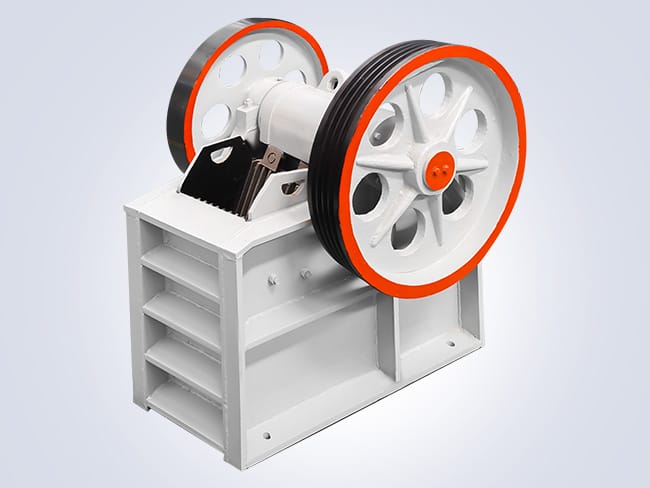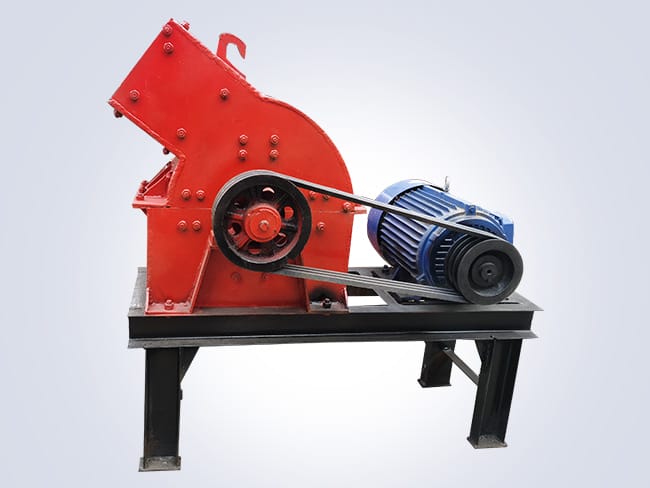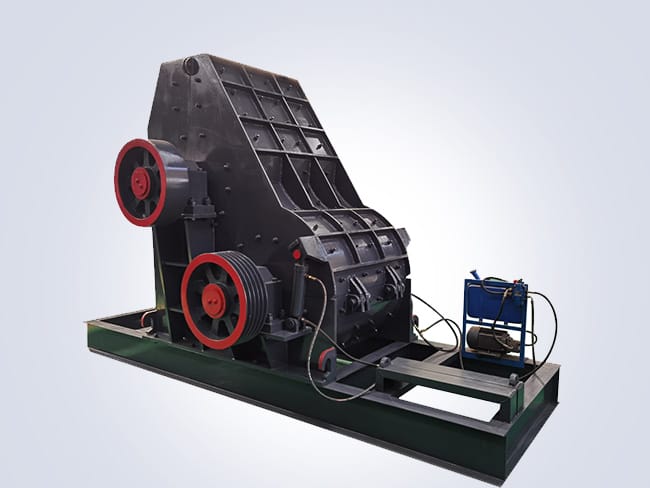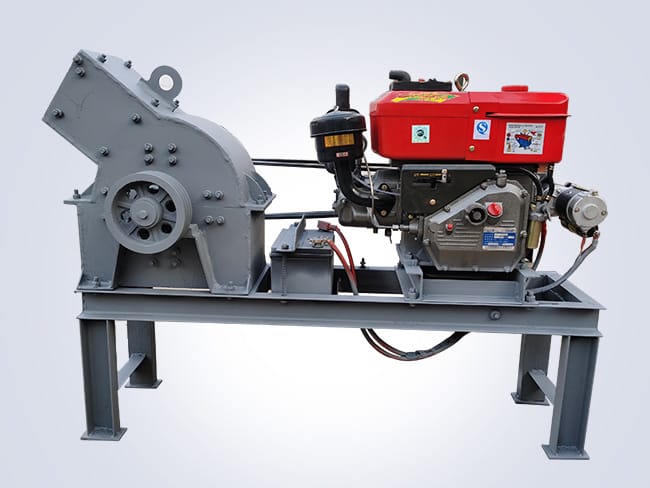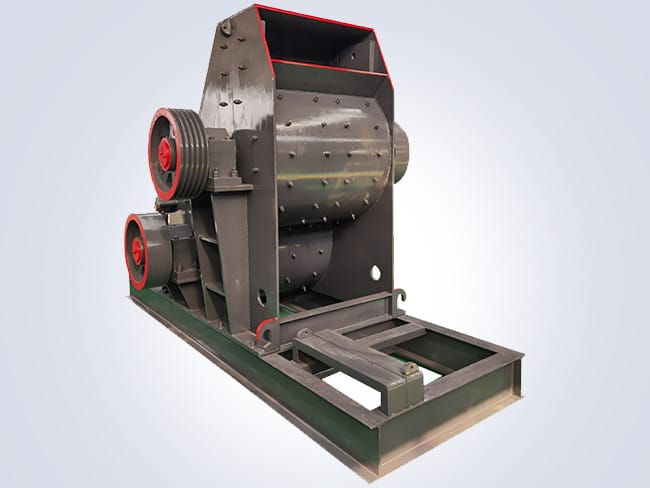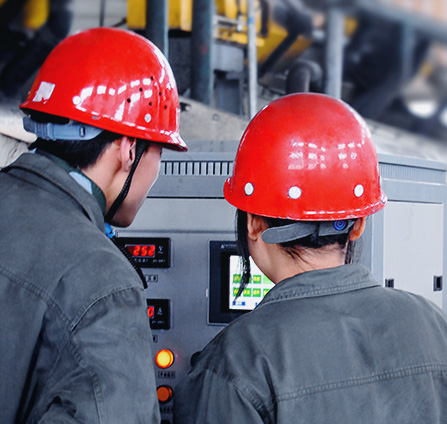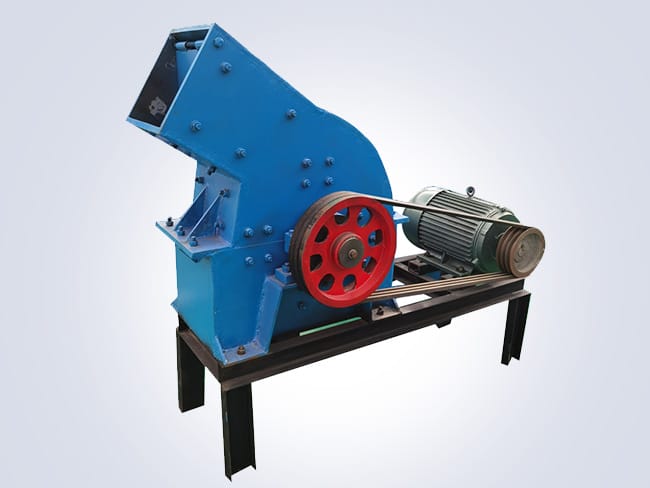
As one of the core equipment in the industrial crushing field. The hammer crusher is widely applied in industries such as mining, building materials, chemicals, and metallurgy, thanks to its high efficiency and flexibility. Its key function is to crush large pieces of material into particles or powders. That meet size requirements through the impact, shearing. And grinding actions of high-speed rotating hammers, thereby providing fundamental conditions for subsequent processing.
Hammer Crusher: An Efficient Tool for Material Crushing
In mining operations, the hammer crusher can perform primary crushing on hard materials such as limestone, coal gangue, and iron ore. Directly processing raw ore into small and medium-sized lumps suitable for secondary processing, significantly enhancing production efficiency. In the building materials industry, it ensures the uniform crushing of raw materials like cement clinker. And gypsum by controlling the discharge particle size, thereby guaranteeing the quality stability of products such as concrete and cement. Additionally, its compact structure and simple operation make it particularly advantageous in small and medium-sized production lines. It can operate as a standalone unit or be integrated with other equipment to form a multi-stage crushing system, adapting to various scenario requirements.
With technological advancements, modern hammer crushers employ wear-resistant materials to extend the lifespan of hammers. And optimize chamber design to reduce energy consumption, further enhancing crushing efficiency and environmental performance, making them an important tool for promoting industrial green transformation.




